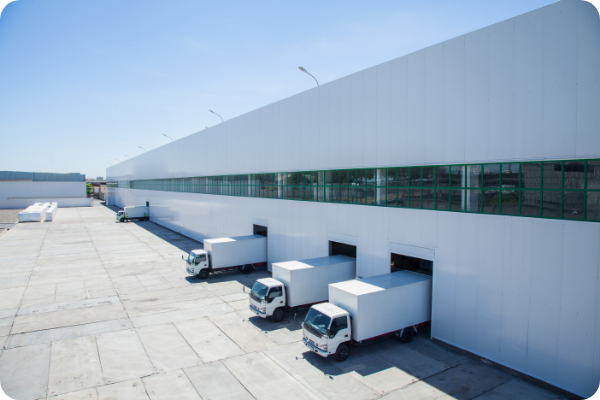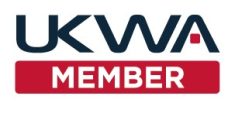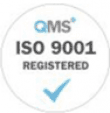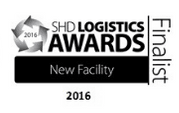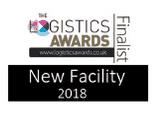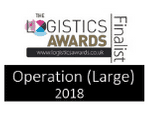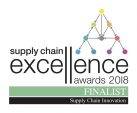A new report highlights advances in Supply Chain solutions driven by Blockchain technology
There is an urgency to find better and more reliable supply chain solutions to cope with the recovering post-COVID economy. Blockchain-driven technology has the potential to deliver major business improvements, particularly in the FMCG and e-commerce sectors. For example, blockchain can enable food brands to provide consumers with a 100% guarantee of a product’s provenance, overlaid with proof of the company’s fair trading, sustainability and ethical trading policies.
In a supply chain, the flow of goods moves downstream and the money flows in the opposite direction. Blockchain technology can offer improved supply chain transparency, reduced risk, and better managed administrative costs. Blockchain solutions guarantee authenticity through the powerful encryption the technology uses.
Trends in the application of blockchain solutions
A new report by specialist consultancy 101 Blockchains completed in late 2020 introduces some key findings from a survey of 180 commercial respondents active in the supply chain industry.
The research offers the following key findings on blockchain for supply chain:
- Traceability holds the highest priority for blockchain in supply chain applications
- Supply chain management practices are highly unlikely to return to the status quo in 2021
- COVID-19 has only increased the interest in blockchain
- Lack of knowledge and skills are the main challenges to implement blockchain
Traceability and provenance
Traceability is the process of tracking the journey of products from the start of the supply chain through to end-use. It is very important in some sectors, e.g., food and pharmaceuticals, where transparency and safety are crucial. Besides providing efficiencies, traceability helps meet regulatory requirements and us to understand the activities of all the suppliers and other players in the upstream supply chain.
The truth of a product is established by creating, at source, a “digital” version of the physical product which is verified at all stages of the supply chain journey, via a process of multi-factor authentication. It is this process that provides complete transparency, visibility, and availability of the asset across the entire supply chain in real-time.
Proof of provenance is also used to verify sustainability claims and promote confidence and comfort for the end-user. Consumers globally, heightened by the pandemic, are increasingly in search of “authenticity” concerning both a company and its brands. Unsupported product claims will no longer be sufficient to gain consumer trust. A blockchain-enabled supply chain provides a fully secure method for authenticating and tracking a product from source to end consumer. It can record price, date, location, quality, certification, and other relevant information for tighter control and compliance.
Blockchain provides the traceability required throughout the material supply chain, protecting against losses and tampering, and the counterfeiting of products. Blockchain can reduce fraud for high-value goods and help companies understand how ingredients and finished goods are passed through each stage of the supply chain. All parties involved have access to the same information, a distributed ledger, reducing communication and data errors. Visibility within the supply chain is improved, a trusted database is created for decision-making, leading to a more effectively managed supply chain.
The growing interest in applying blockchain technology
As we come out of the COVID-19 restrictions, we must adopt new digital solutions that are not reliant on outdated and cumbersome processes. There is a drive towards more collaboration between partners within a supply chain, rather than each working in silos with their own enterprise-wide legacy systems. Acceptance of digital over paper is the new standard of trust. Sharing paper-based information is difficult and can prove to be unreliable and conflicting. Blockchain provides the basis for transitioning from linear supply chains into interconnected ecosystems of brands, suppliers, logistics providers, etc. This leads to reduced supply chain friction and eliminates the need for expensive paperwork governance and compliance control systems. Blockchain technology enforces the rules and generates trust between supply chain participants.
Challenges due to lack of knowledge and skills in blockchain
Companies are faced with a talent shortage when recruiting experts in this field. There is competition for the same skills leading to high salary demands. Demand continues to exceed supply. As a result, many companies are reluctant to hire and are pursuing other avenues when considering blockchain solutions. There is still a level of nervousness and scepticism among companies with traditional supply chain processes and concerns about costs.
The proof-of-concept (POC) approach
Identifying the need to apply a technology solution like blockchain is the easy part. Selecting and implementing the right solution is harder. Running a POC, or mini-project can help avoid an expensive mistake. The object is to test the technology in a live situation, plug in real data, and use it as if it were installed before you commit. It will save your organization the stress of implementing a solution that does not fulfil your needs or does not work as intended.

